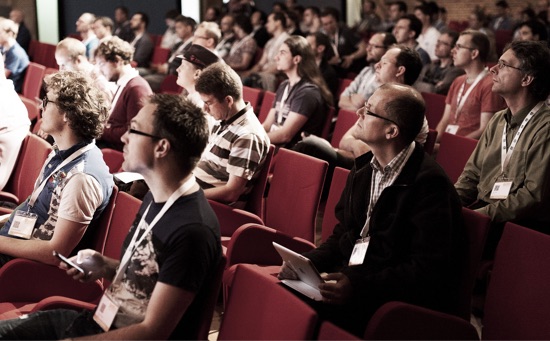software sustainability

Building Green Software Part 5: Green Networking

Faster, Greener and Happier − Why Quarkus Should Be Your Next Tech Stack

Making Software and Data Architectures More Sustainable

Energy-Efficient Software Architecture for Developers

These Five Tricks Can Make Your Apps Greener, Cheaper & Nicer

Go Green: Reducing Emissions, Costs & Greenwashing

Energy and Education Access for Remote Communities

CERN, from an IT Perspective

Making Greener Choices: Connecting People to their Impact on the Climate through Technology

The Green Shift: Transitioning .NET Services Across Architectures

The Cloud Native Attitude

The Future of Flight

Faster, Greener and Happier − Why Quarkus Should Be Your Next Tech Stack

The Flight Plan to Emission Free Aviation

Making Software and Data Architectures More Sustainable

Energy-Efficient Software Architecture for Developers

These Five Tricks Can Make Your Apps Greener, Cheaper & Nicer

Building Green Software

How Microsoft is Leading the Way to Sustainable Software

Expert talk: Sustainable Software in Practice

Sustainable Event Organization

GOTO Berlin Will Plant a Tree for Every Attendee

Rethinking Conference Swag

Expert talk: Sustainable Software in Practice

Anne Currie
Green Software Foundation
Co-Author of "Building Green Software" & Leadership Team at Green Software Foundation

Sarah Hsu
Goldman Sachs
Co-Author of "Building Green Software" & Project lead at Green Software Foundation

Anne Currie
Green Software Foundation
Co-Author of "Building Green Software" & Leadership Team at Green Software Foundation

Sarah Hsu
Goldman Sachs
Co-Author of "Building Green Software" & Project lead at Green Software Foundation
Browse all tags
Here


